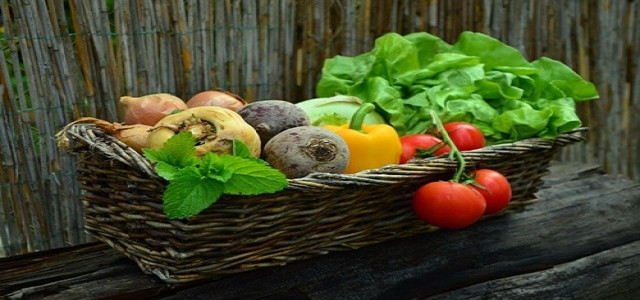
The European Union has reportedly put two major environmental policies, pertaining to nature restoration as well as pesticides, on hold, supposedly citing concerns about the implications of Ukraine’s invasion by Russia on food security.
Environmentalists are concerned that the EU and major farming industry lobbying groups are leveraging the conflict to postpone legislation rather than altering their methods for the sake of European citizens and customers.
These two policies are a part of the Biodiversity and Farm to Fork strategies. They are intended to establish legally enforceable EU-wide targets for lowering chemical pesticide usage and safeguarding regions of high biodiversity value.
However, Janusz Wojciechowski, EU agriculture commissioner, announced that the initiative on pesticides' sustainable use would not be accepted this week after a discussion with agri-food ministers.
Wojciechowski further added that there will be no talk related to pesticides at this week's college, referring to the weekly gathering of commissioners that makes policy decisions.
According to Stella Kyriakides, EU health commissioner, the current geopolitical instability surrounding the conflict in Ukraine denies these measures the political space for a fair discussion.
The policies were expected to be considered and implemented on Wednesday, but that appears to be less likely since the summer break is approaching.
With the crisis in Ukraine endangering crucial planting and harvesting seasons, concerns about food security have arisen both within and outside the EU, necessitating a reassessment of major environmental policies. The supposed blowback over pro-environment policies, on the other hand, is nothing unusual.
With the outbreak of war in Ukraine, officials are now focusing on rising food costs and the availability of vital supplies.
EU members held a meeting on Wednesday, urging the European Commission to develop a strategy to secure food security both inside and outside the bloc, as another proof of the EU's relevance for the issue.
Source credit: https://euobserver.com/climate/154551




